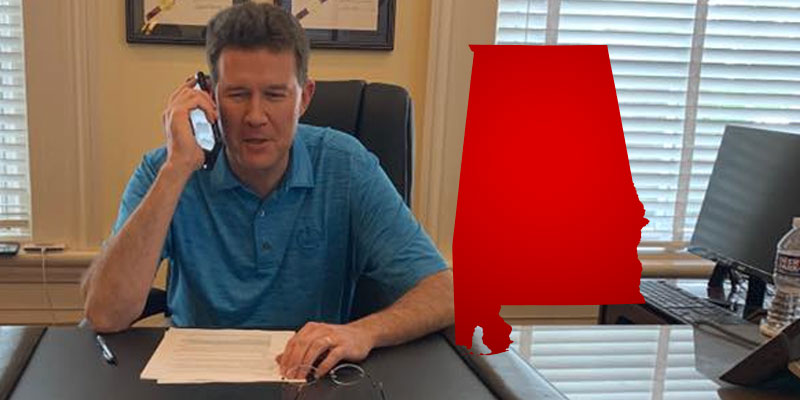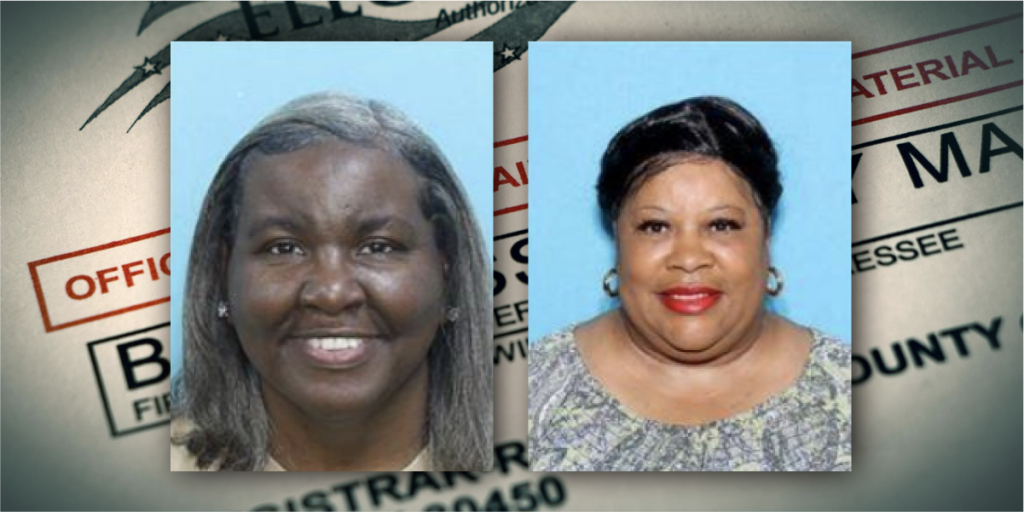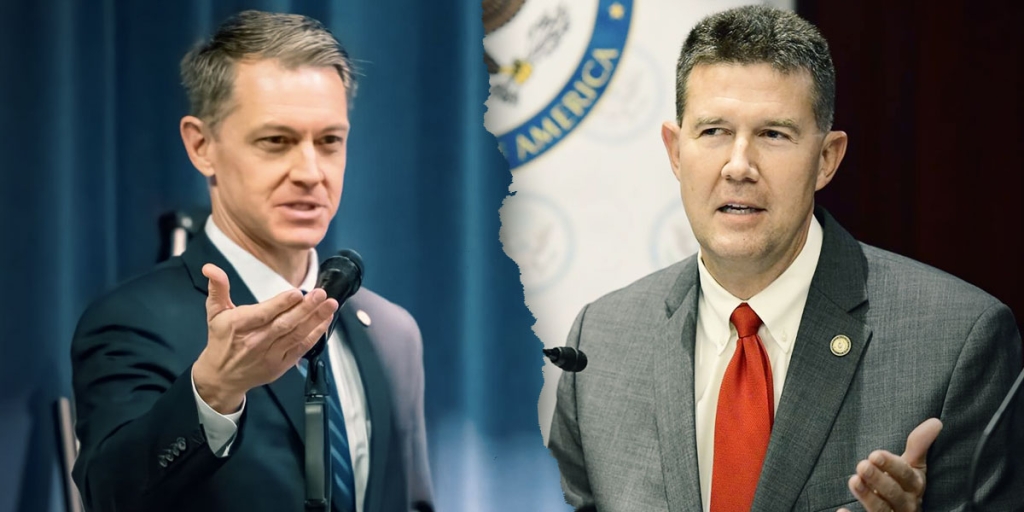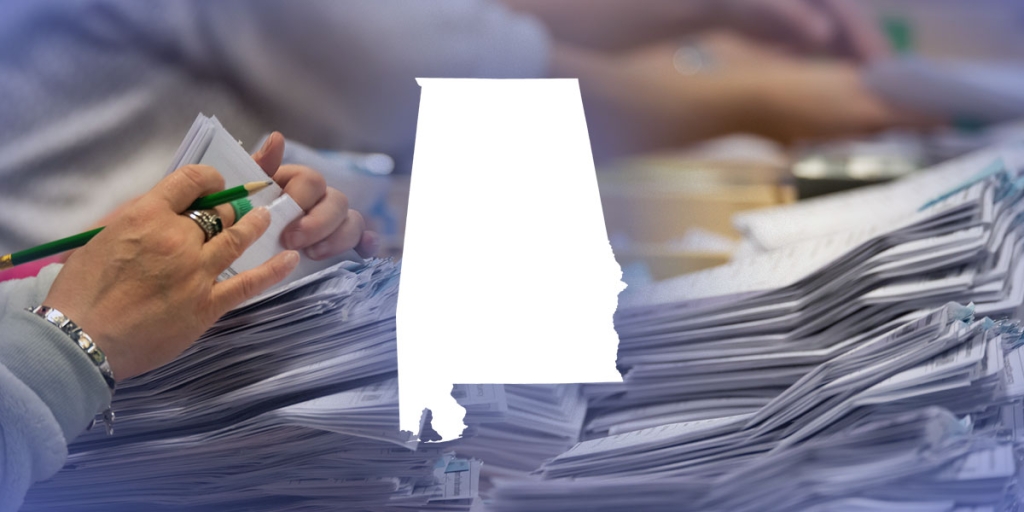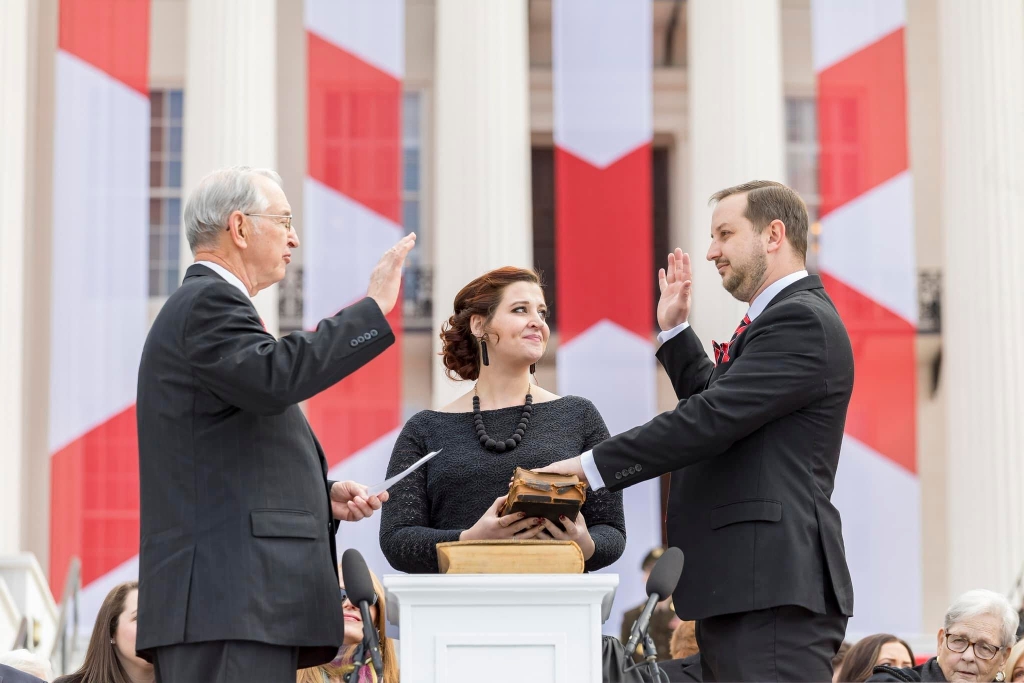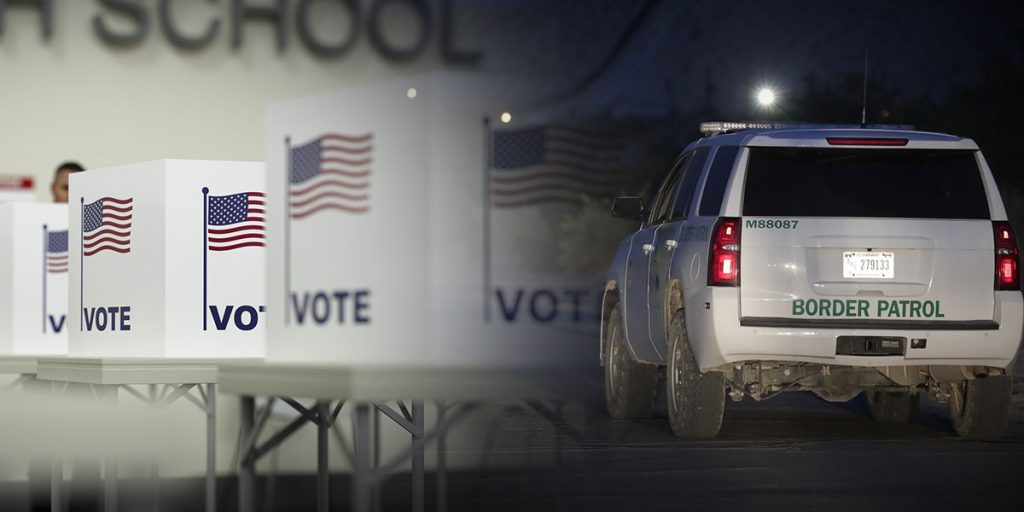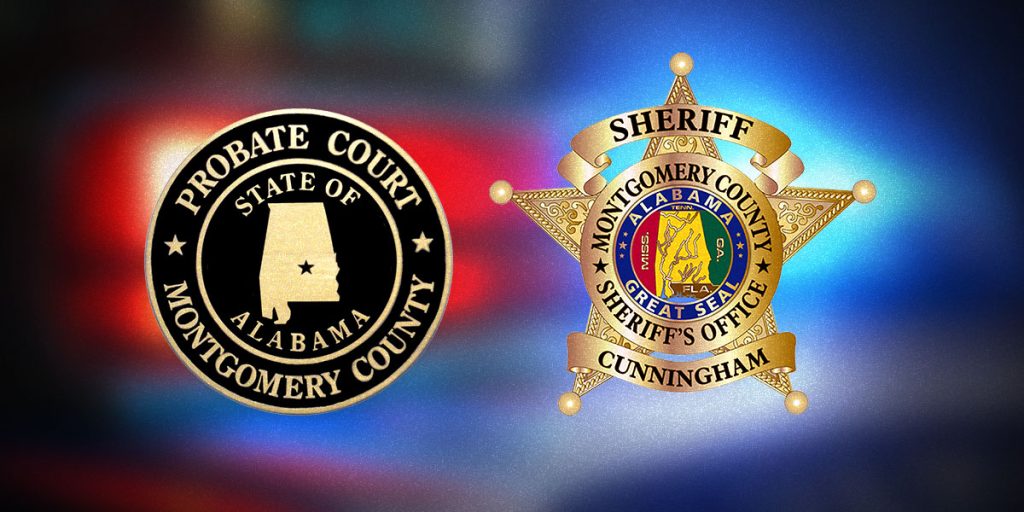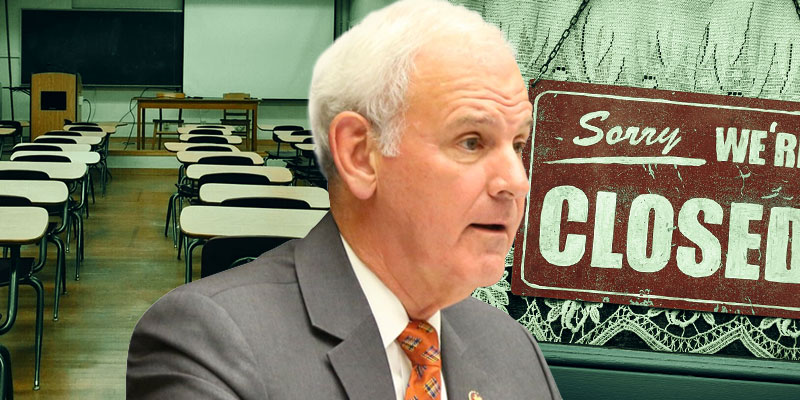The United States Court of Appeals for the 11th Circuit on Tuesday blocked a lower court ruling that would have suspended key safeguards against voter fraud for the November 3 general election.
Judge Abdul Kallon of the Northern District of Alabama in recent weeks released a ruling in which he voided certain absentee balloting requirements for the upcoming election.
State law requires that each absentee ballot be notarized or signed by two witnesses to be valid. However, Kallon, an appointee of then-President Barack Obama, ruled that those with underlying medical conditions need only to provide a statement saying so to be able to ignore this portion of state law.
Next, the judge waived the requirement, which is also a state law, that all absentee voters must submit a copy of their valid photo identification when applying for an absentee ballot. Kallon only waived this requirement for certain classes of voters, such as those 65 and older, and people with disabilities.
Finally, the ruling allows curbside voting on November 3. Curbside voting is not provided for by state law.
Kallon previously attempted to impose this ruling for the July primary runoff elections in the state, however he was thwarted by the Supreme Court of the United States.
The NAACP Legal Defense & Educational Fund, Inc. (LDF), Southern Poverty Law Center (SPLC) and the Alabama Disabilities Advocacy Program (ADAP) are involved in the case on behalf of the plaintiffs: People First of Alabama, Greater Birmingham Ministries and the Alabama NAACP.
Secretary of State John Merrill, as Alabama’s chief elections official, was named as the lead defendant in this case.
“Judge Kallon’s ruling to disallow the Secretary of State from prohibiting an illegal activity known as ‘curbside voting’ undermines the integrity of the elections process and the ability for Alabamians to cast a secret ballot as the chain of custody is then broken,” Merrill said recently.
The Alabama Attorney General’s Office has been representing the State in this matter and appealed Kallon’s ruling to the 11th Circuit, asking for a stay.
A panel of the appellate court on Tuesday released two separate 2-1 decisions. The first granted a stay on Kallon’s ruling as it pertains to the absentee balloting requirements. Judges Adalberto Jordan and Barbara Lagoa formed the majority, while Judge Jill Pryor dissented.
The second decision by the 11th Circuit denied a stay on Kallon’s order pertaining to curbside voting. Jordan and Pryor formed this majority, with Lagoa dissenting.
Jordan and Pryor are both Obama appointees, while Lagoa is an appointee of President Donald J. Trump. She was a leading contender for the president’s recent Supreme Court nomination.
Tuesday’s decisions mean, as it stands, curbside voting could be allowed by county elections officials across the state. Alabama’s statutory absentee balloting requirements are back in effect as normal.
Merrill has previously advised, “It is important to remember that counties are in no way required to offer the illegal activity known as ‘curbside voting.’”
On Tuesday afternoon, Merrill in a statement to Yellowhammer News commented on both decisions.
“The 11th Circuit’s ruling to block a district court order lifting Alabama’s photo ID and witness requirements for absentee voters is a win for the people of Alabama! The stay that has been granted maintains the integrity and security of elections in our state – thus proving that our current election laws are not an obstacle to voters in Alabama,” Merrill began.
“The photo ID and witness requirements are necessary deterrents for those looking to commit voter fraud, and I am glad the 11th Circuit has recognized their importance in safeguarding the elections process,” he continued.
The secretary of state then remarked on the decision pertaining to curbside voting.
“While our office is currently unaware of any county planning to provide curbside voting for the November 3, 2020 General Election, we intend to appeal to the Supreme Court to see that this fraudulent practice is banned in Alabama, as it is not currently allowed by state law,” Merrill stated.
“The confusion that has been caused from this lawsuit is a reminder that judges should refrain from attempting to alter election procedures after ballots have been distributed. I look forward to continuing with the successful and secure administration of the November 3 election,” he concluded.
UPDATE 6:05 p.m.
Attorney General Steve Marshall released a statement.
“While we welcome the 11th Circuit Court of Appeals decision to grant the State’s emergency stay request so that Alabama’s absentee voting law requirements of a valid photo ID and witnesses remain in effect for the November 3 general election, the appeals court’s decision to allow curbside voting conflicts with State efforts to ensure election security,” he stated. “We will therefore seek a stay from the U.S. Supreme Court as soon as possible.”
“Alabama has a history of voter fraud that the photo ID and witness requirements help address,” Marshall concluded. “Those safeguards are both important and easily complied with, even during the pandemic. Alabama has the right and the duty to ensure that our elections are conducted with integrity, and Alabama voters deserve to know they can cast their ballots with confidence that election security safeguards will remain in place.”
Sean Ross is the editor of Yellowhammer News. You can follow him on Twitter @sean_yhn




